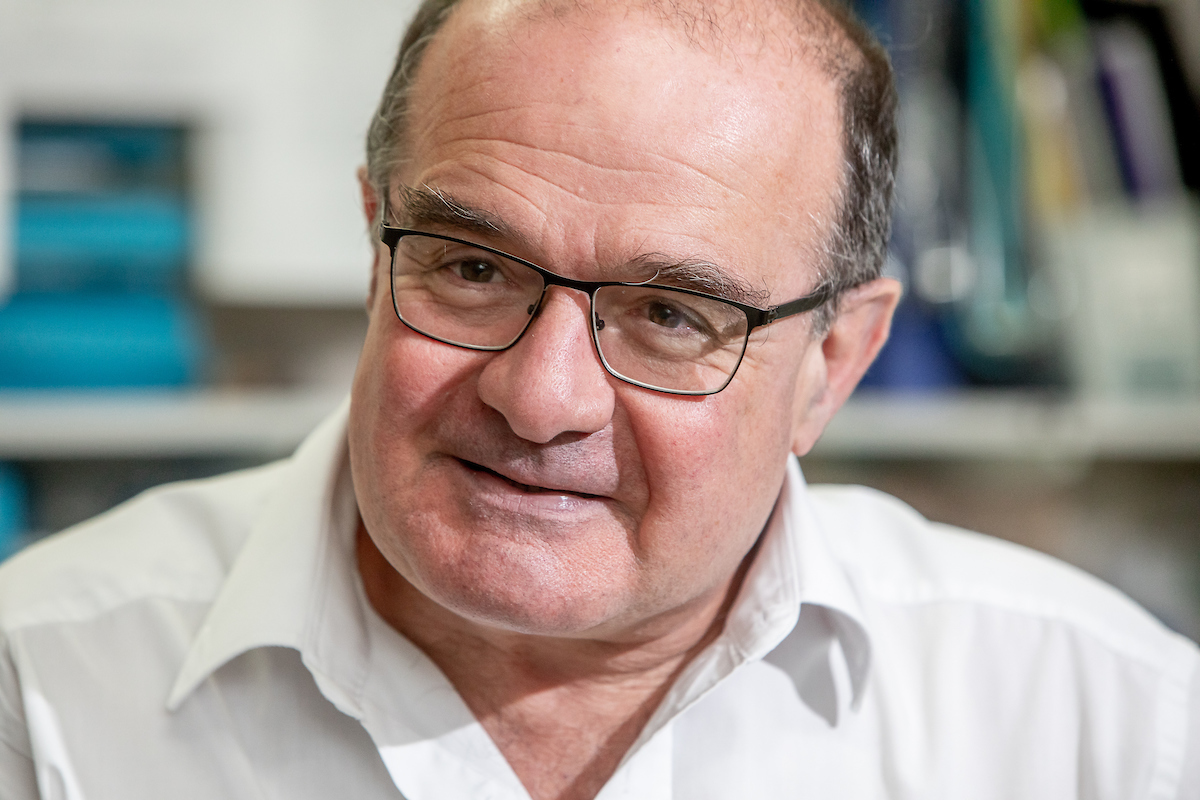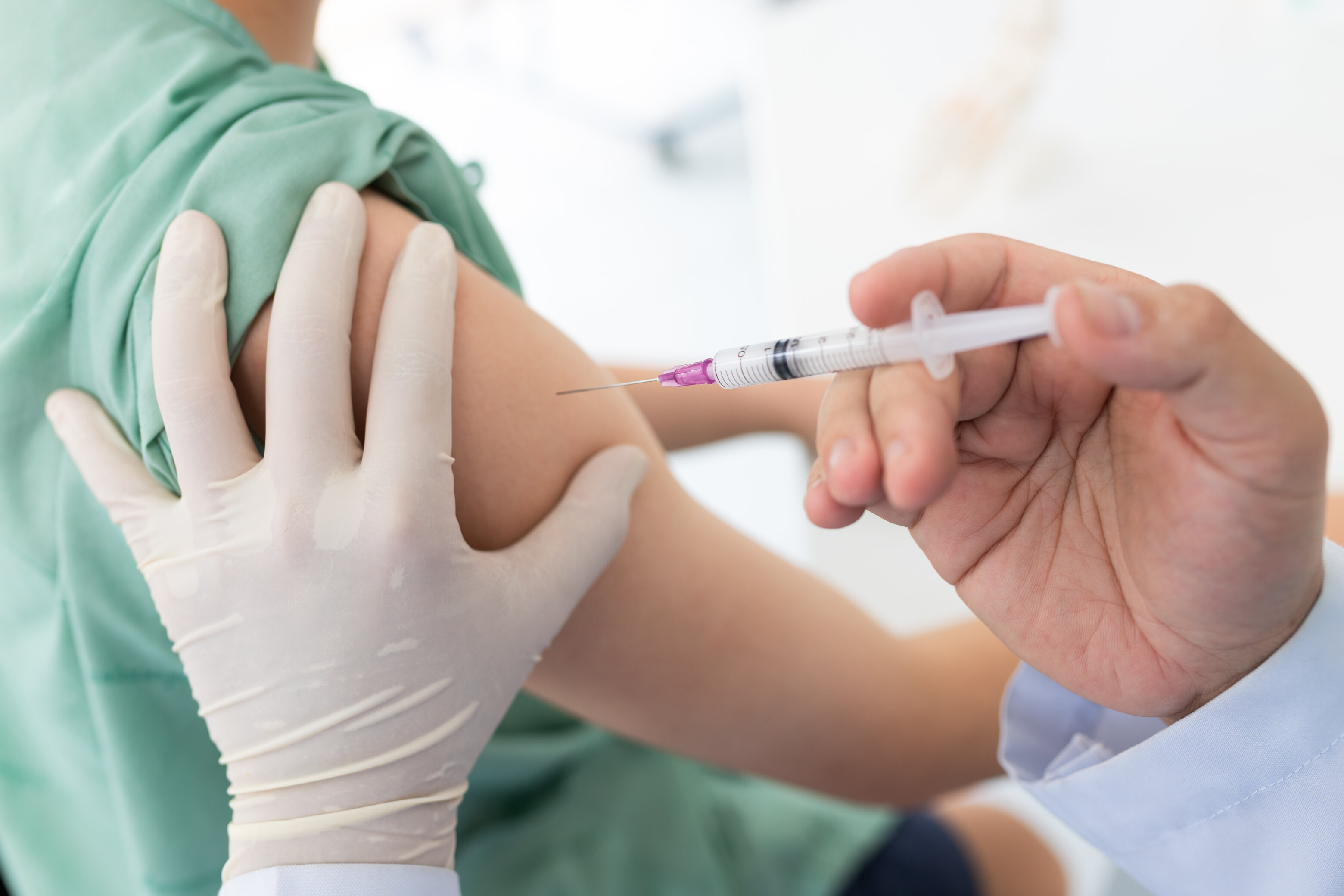


Hundreds of islanders could be suffering from the effects of 'long covid' - including fatigue, joint pain and ‘brain fog’ - for "up to three years", the island's Acting Medical Officer of Health has said.
However, Dr. Ivan Muscat added that the limited research that has been carried out into the condition suggests that most people will recover, and be symptom-free far sooner than that.
Long covid is an emerging phenomenon and is not yet fully understood. Neither has its economic impact been quantified, including the possibility of people being unable to work because of its debilitating symptoms, which include extreme tiredness, chest pains, and swelling of the joints.
20% of islanders who have contracted covid-19, and who completed a recent Health questionnaire, said they had felt lasting symptoms. Apply that percentage to the 7,000 known cases in Jersey, that is 1,400 people in Jersey potentially suffering from long covid.
However, Dr. Muscat thinks the figure will be lower, as people suffering from enduring symptoms would have been more likely to fill in the questionnaire.

Pictured: Deputy Medical Officer of Health, Dr. Ivan Muscat: "The single biggest single protection we have against long Covid is vaccination."
The more accepted figure is that between 10%-15% of people who contract covid will develop prolonged symptoms that persist for more than 12 weeks. This means that of the 3,000 islanders who currently have the virus, between 300 and 450 of them could have long covid, although the incidence is lower in younger people.
“We are, of course, learning more and more about covid and its various aspects with time,” said Dr Muscat. “It has been with us for only 18 months and we are constantly learning about the acute infection itself and also the complications following acute covid.
“The numbers coming through suggest that between 10% and 15% of people will develop prolonged symptoms of covid or long covid, and long covid is commoner in older groups, particularly those aged 40-60, and in women.
“But it occurs in all age groups: it is seen in perhaps 7-8% of adolescents, who have had covid, and something closer to 5% of younger children.”
Dr. Muscat added that the symptoms tend to be milder in younger people.
“At the moment, we don’t have completely clear data about the duration of symptoms but the rate of decrease of symptoms to date suggests that most people will get over most of the symptoms within two or three years. And many will recover within a shorter period than that,” he said.
The most common symptoms of long covid are mental and physical fatigue, breathlessness, chest pain or headiness, palpitations, pain in or swelling of the joints, and skin rashes.
The loss of taste and smell, a common symptom of acute covid, can also be prolonged.
Recently, a study by University College London identified 200 symptoms affecting 10 organ systems in people with long covid, at higher levels than in people who were fully recovered.
The cause of long covid remains unclear. Neither is there a treatment yet, however, people have reported an improvement in their symptoms after vaccination.
Vaccination can also help stop people contracting the virus in the first place.
“It is thought that there may be an auto-immune component to this,” said Dr Muscat. “It may be that the virus, in creating an immune response to itself, also causes some cross-reactivity to other antigens, and this may be contributing to the long covid that we see.
“The immune response, although directed at the virus, may not accurately target the virus but also other parts of the body. At the moment, that is very much a hypothesis rather than a definite part of the cause of long covid."

Pictured: The "tried and tested" system of GPs being the first port of call for medical concerns extends to long covid in Jersey.
He continued: “It could also be that there is persistent inflammation, for example.
“People are also looking at the antibodies that has been recognised in relation to long covid as possibility part of a diagnostic test. But all that is very hypothetical and in the early stages: it may come to something; it may come to nothing.”
Without a specific treatment, test or screening process, the current method of helping sufferers is to manage their symptoms.
“The management is primarily supportive and designed to reduce the effect of these symptoms on an individual level,” said Dr Muscat.
“The management is across all systems so our current system for the management of diseases as a whole is primary care, secondary care and tertiary care. Long covid has been incorporated into that pathway like all other illnesses.
“So, it is initially assessment through primary care and, where appropriate, individuals are then referred onwards into secondary care for further investigation and treatment as needed.
“If there is a need for referral to tertiary care, then that too will happen, although it is very uncommon.
“So, our usual well-tried and tested systems are best suited to treating long covid: people who think they have long covid should, in the first instance, see their GP, who knows their history and therefore can place any new symptoms in the right perspective and then pursue those symptoms further.
“Of course, the symptoms of long covid will be linked the period of acute covid and that is the most important clue as to the diagnosis.”
Dr Muscat added that there were no plans to set up a specialist long covid unit at the secondary care level in Jersey and, if needed, islanders would be referred onto existing specialisms depending on their symptoms.
In terms of assessing long covid at a strategic level, Dr Muscat said that encouraging vaccination was the primary effort.
“The single biggest single protection we have against long covid is vaccination, because it prevents covid in 80% of individuals, therefore it protects against long covid.

Pictured: Vaccination is thought to reduce the severity of long covid symptoms, as well as reduce the changes of suffering covid symptoms in the first place.
“Obviously, the vaccine, like everything in life, is not perfect; it doesn’t prevent every case of covid. The vaccine efficacy against symptoms of covid is about 80%, so some people who are vaccinated can nonetheless get the infection, but they will get a much less severe infection in the main.
“Although the infection is less severe, they may still get long covid but potentially the long covid they do get will be less severe as well.”
Indicating that most symptoms are not deemed severe, incidence of long covid has only been coded in 50 cases since March on the GP’s database, which Health has access to.
“We think that is an under-representation of what is out there, but it may also partly represent that fact that if people have only got mild symptoms, they know they are linked to the episode of covid they have had, and these symptoms are gradually getting better,” said Dr Muscat.
“These individuals may not go to their GP because they know what is going on, they know they are getting better, and they get on with it. But those who are unsure or are concerned should seek advice from their GP, who will manage the matter accordingly.”
Comments
Comments on this story express the views of the commentator only, not Bailiwick Publishing. We are unable to guarantee the accuracy of any of those comments.